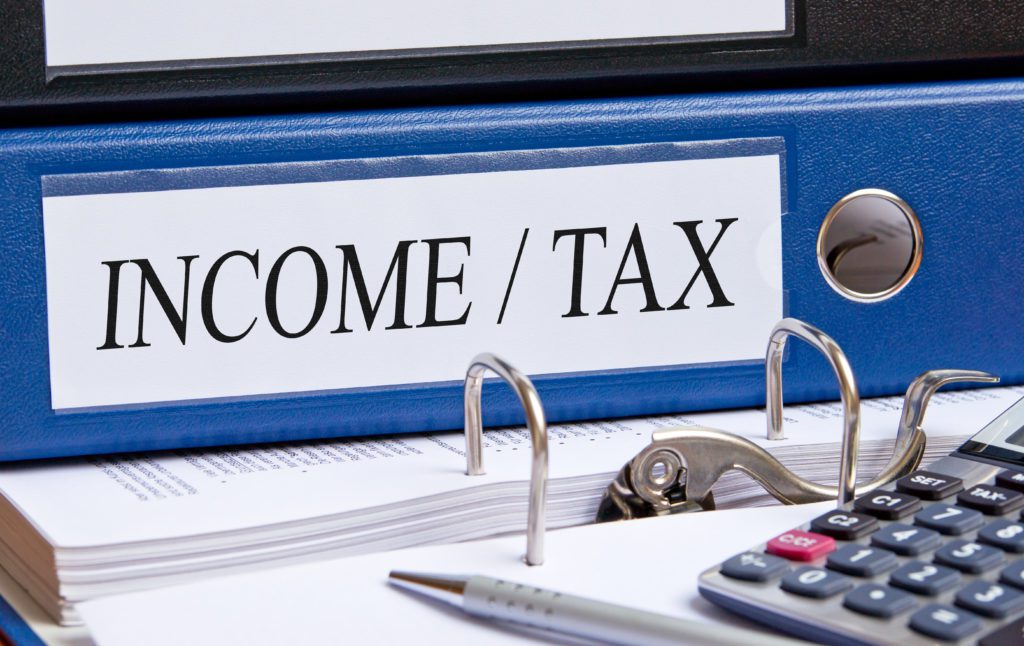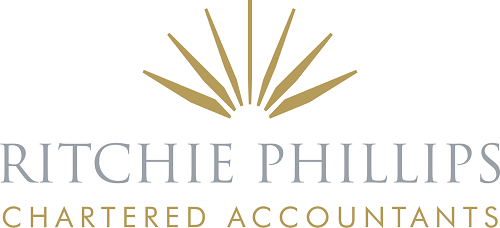Each year, we analyse the Budget focusing on the tax measures which may affect you, your family and your business. In this first post in the series, we take a look at the income tax and pension provisions, and changes to the tax relief for non-UK charities.
The economic outlook
There is reason to be hopeful as the Chancellor announced that the UK economy is performing better than expected. The Office of Budget Responsibility forecasts that the economy will contract by 0.2% this year, and the country will avoid recession in 2023, before returning to growth in 2024. Moreover, the rate of inflation is predicted to fall to 2.9% by the end of this year, and if this happens it will enable individuals and businesses to plan with greater certainty.
This is to be contrasted with the chaos of last year with the Truss / Kwarteng Autumn Budget, the expectation that the UK economy was about to enter recession, the cost of living crisis and high levels of inflation.
How quickly the position faced by the Chancellor has changed with improved stability and better government.

Private Clients
Income Tax
The personal allowance
The income tax personal allowance was already fixed at the current level until April 2026 and will now be maintained at this level for an additional two years until April 2028 at £12,570.
Tax bands and rates
The basic rate of tax is 20%. In 2023/24 the band of income taxable at this rate is £37,700 so that the threshold at which the 40% band applies is £50,270 for those who are entitled to the full personal allowance.
Once again, the basic rate band is frozen at £37,700 until April 2028. The National Insurance contributions upper earnings limit and upper profits limit will remain aligned to the higher rate threshold at £50,270 for these years.
From 6 April 2023, the point at which individuals pay the additional rate will be lowered from £150,000 to £125,140.
The effective 60% tax rate
There continues to be an effective 60% tax rate for those with income over £100,000. The personal allowance is reduced by £1 for every £2 of income above £100,000 so that for the current tax year there is no personal allowance where your income exceeds £125,140.
Tax on savings income
Savings income is income such as bank and building society interest.
The Savings Allowance applies to savings income and the available allowance in a tax year depends on the individual’s marginal rate of income tax. Broadly, individuals taxed at up to the basic rate of tax have an allowance of £1,000. For higher rate taxpayers the allowance is £500. No allowance is due to additional rate taxpayers.
Savings income within the allowance still counts towards an individual’s basic or higher rate band and so may affect the rate of tax paid on savings above the Savings Allowance.
Some individuals qualify for a 0% starting rate of tax on savings income up to £5,000. However, the rate is not available if taxable non-savings income (broadly earnings, pensions, trading profits and property income, less allocated allowances and reliefs) exceeds £5,000.
Tax on dividends
Currently, the first £2,000 of dividends is chargeable to tax at 0% (the Dividend Allowance). This will be reduced to £1,000 for 2023/24 and £500 for 2024/25.
Dividends received above the allowance are taxed at the following rates for 2023/24:
8.75% for basic rate taxpayers
33.75% for higher rate taxpayers
39.35% for additional rate taxpayers.
As corporation tax due on directors’ overdrawn loan accounts is paid at the dividend upper rate, this will also remain at 33.75%.
Dividends within the allowance still count towards an individual’s basic or higher rate band and so may affect the rate of tax paid on dividends above the Dividend Allowance.
To determine which tax band dividends fall into, dividends are treated as the last type of income to be taxed.
Comment
Dividends on shares held in ISAs and pension schemes are not subject to dividend tax and thus will not be affected by the increase in rates.
Individuals who contribute the maximum to their ISA each year throughout their working life can end up with a £1 million investment portfolio with no tax on investment income and gains.

Pensions
The government has announced measures to encourage individuals to remain in or return to work, particularly those aged 50 and above. This is often said to relate to doctors, consultants and surgeons but equally applies to high earners with large pension pots across the entire spectrum of society.
There are two measures to limit the benefit of pensions. The first is the Annual Allowance which restricts the amount of money that you can put into a pension fund and obtain tax relief. The second is the Lifetime Allowance which limits the amount of money you can have in your pension fund before excess tax charges apply.
To scale back the restrictions relating to pensions, the government has increased the Annual Allowance and, unexpectedly and significantly, has abolished the Lifetime Allowance.
Annual Allowance
The Annual Allowance was previously £40,000 and this has now been increased to £60,000.
The annual allowance tapers by £1 for each £2 of adjusted income over a defined limit, previously £240,000 but now increased to £260,000 from 6 April 2023.
Previously the minimum tapered annual allowance was £4,000, and this is now increased to £10,000.
Lifetime Allowance
Prior to the Budget, the Lifetime Allowance was currently £1.07 million whereafter an excess tax charge applied at either 25% if the excess amount remained within the pension fund, or at 55% if the excess was being taken as a lump sum from the pension.
Effective from 6 April 2023, the Lifetime Allowance is removed and neither the 25% or 55% tax charge will apply. This will have a significant benefit for individuals with relatively high values within their pension fund.
The tax free lump sum
One of the consequences of the Lifetime Allowance being abolished is that there will now be a cap on the tax free lump sum available when first accessing a pension. Typically, the tax free lump sum has been 25% of the value of the pension fund, but from 6 April 2023, for most people the maximum tax free lump sum will be £268,275 being 25% of the current Lifetime Allowance. If, as an individual, you have one of the historic protections in relation to the Lifetime Allowance, the maximum lump sum will be 25% of that protected amount.
The Lifetime Allowance is clearly a political hot potato as the Labour Party has already announced they will re-introduce it if they form the next government. The opportunity to firstly top up your pension at a greater rate and secondly to crystallise benefits from your pension will need careful planning during the course of the remaining life of this government, as this may only be a short term opportunity.
The Money Purchase Annual Allowance (MPAA)
When a person first accesses a pension of any kind to draw income, their available annual allowance for pension contributions in subsequent years to defined contribution schemes is automatically tapered to the MPAA regardless of their income. The MPAA is being increased from £4,000 per annum to £10,000 per annum.
Inheritance tax status of pensions
No announcement was made by the government in relation to the treatment of pensions for inheritance tax purposes. They will therefore continue to be outside the scope of inheritance tax, provided any death benefit is not paid to the individual’s estate, but rather paid to a trust fund sitting outside of their estate.
Legislation will be introduced in a future Finance Bill to remove the Lifetime Allowance from pensions tax legislation.

Charities
End of tax relief for non-UK charities and their donors
It was announced that only charities that come within the jurisdiction of the courts of England, Wales, Scotland or Northern Ireland will qualify for tax reliefs, with effect from 15 March 2023. Existing charities in the European Union that qualified for tax reliefs before that date will be granted a one-year transitional period.
If you have any questions or concerns about the issues covered in this post, please get in touch with a member of our team.
